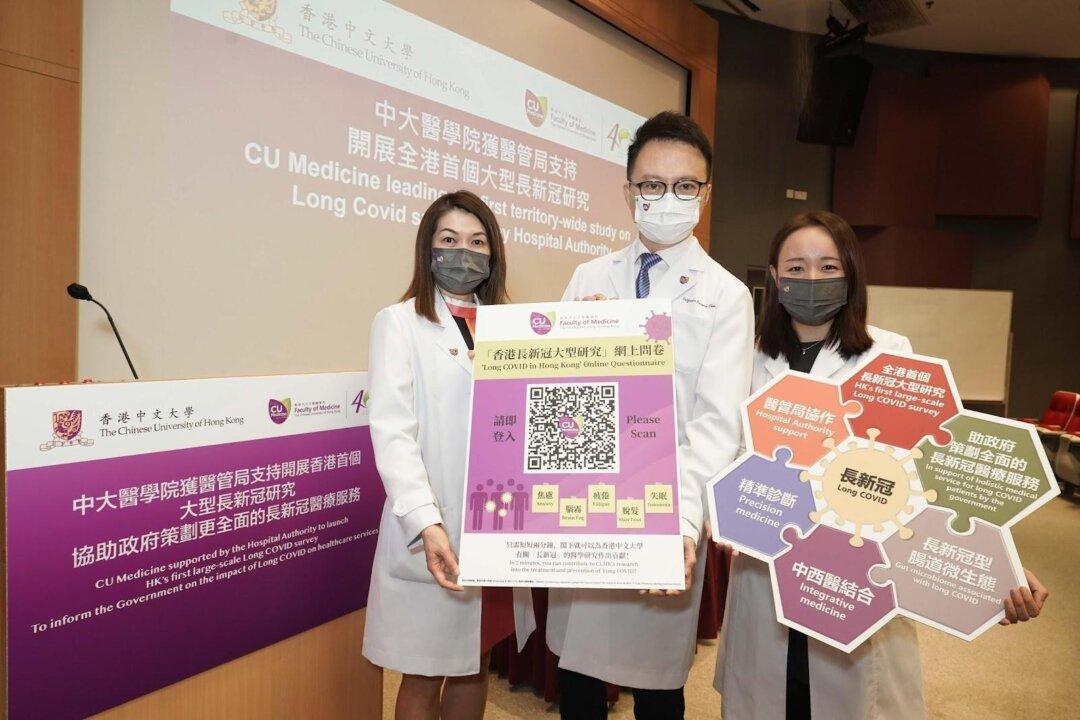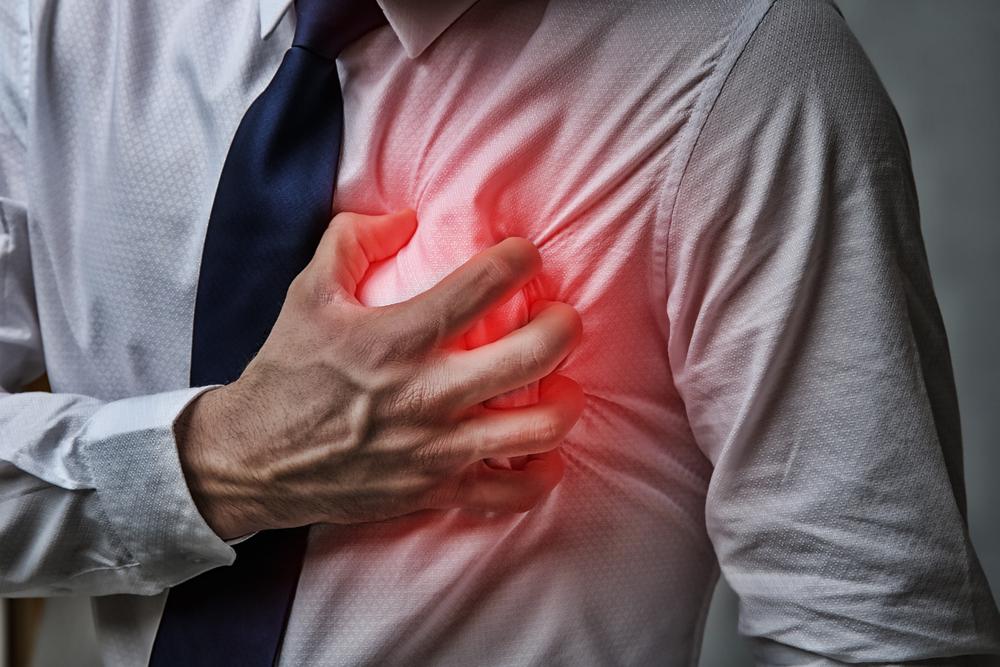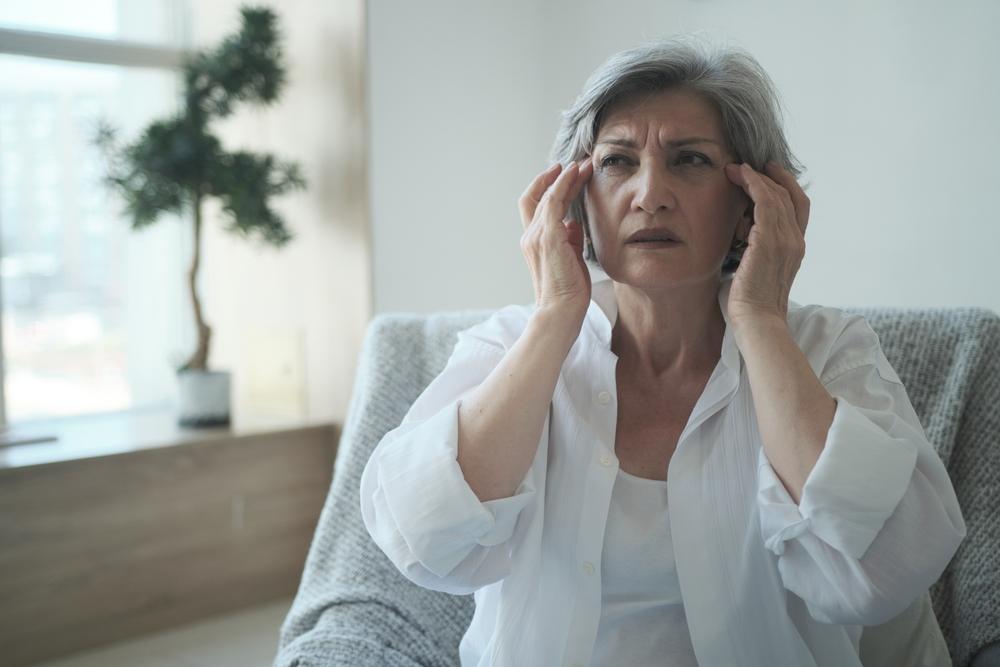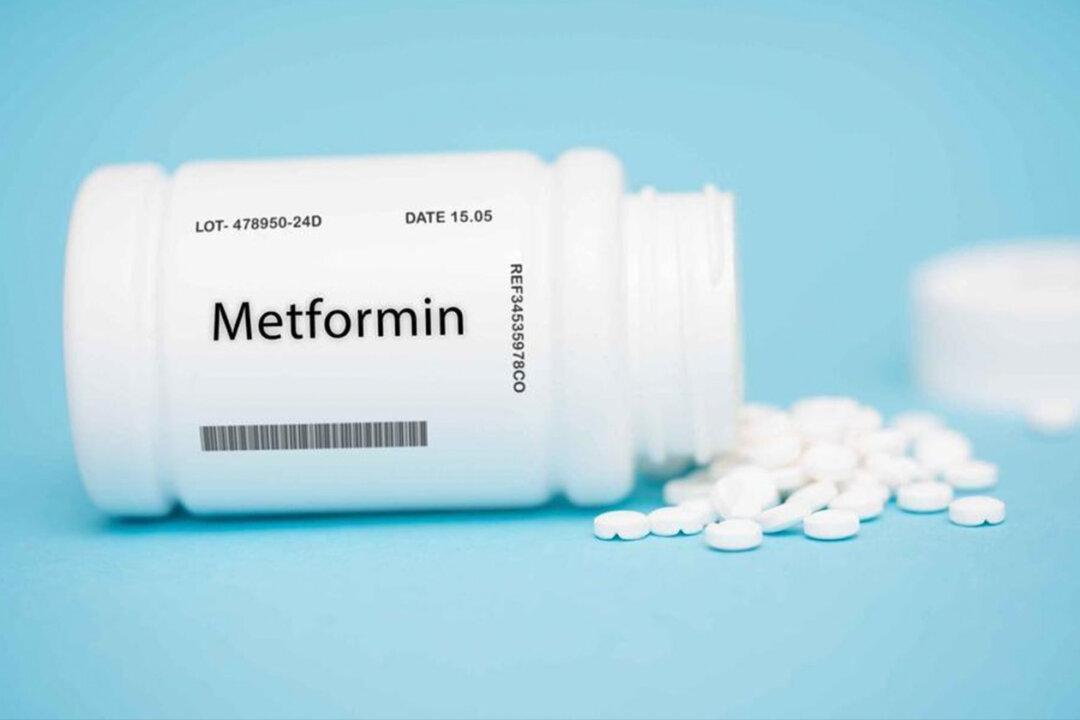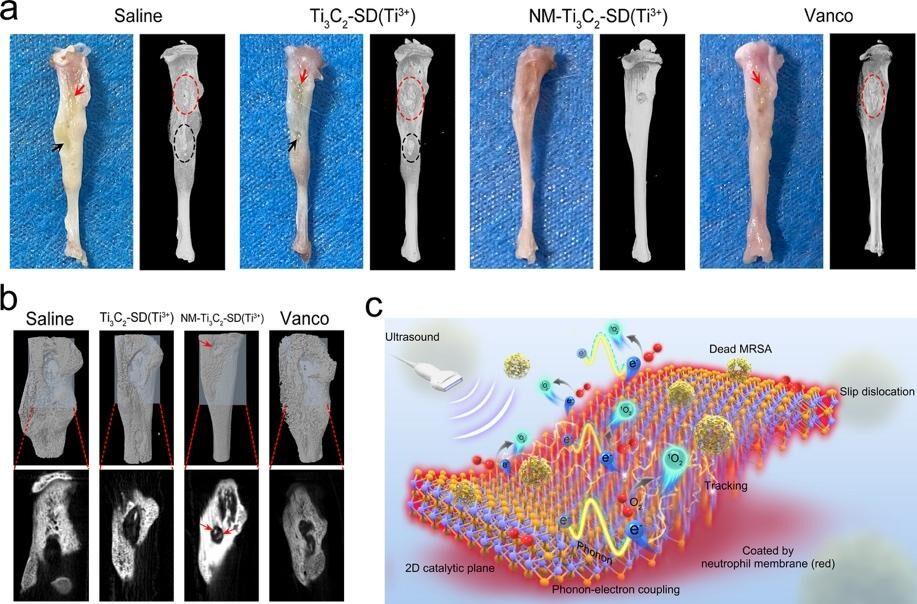The Faculty of Medicine of the Chinese University of Hong Kong (CUHK) conducted the largest scale long-COVID study in Asia. The study was conducted from July to December 2022, and the sequelae of 10,043 Hong Kong patients who recovered from COVID-19 were interviewed through questionnaires. It found that more than 70 percent of the patients still suffered from at least one COVID-19 symptom five months on, and 12 percent of them had symptoms related to the reproductive system.
Among the symptoms of COVID-19, cognitive function and psychological symptoms (38 percent) are among the most common, including memory loss, decreased concentration, slow thinking, insomnia, lethargy, anxiety, depression, and irregular sleep time. Some even had the symptoms for up to three years. Women aged 45 or above and having been admitted to hospital for treatment of COVID-19 are the more likely reasons for developing the long-COVID symptoms.
